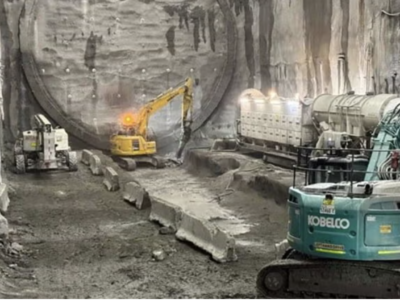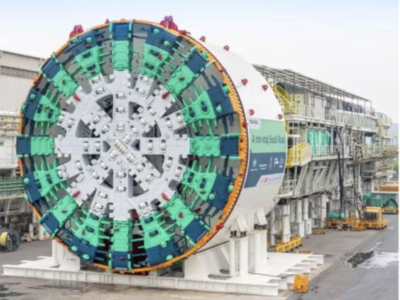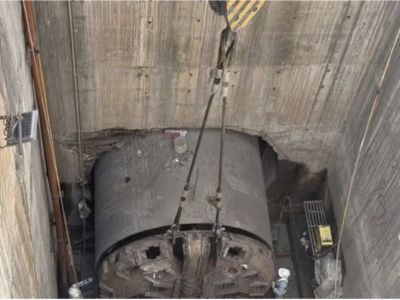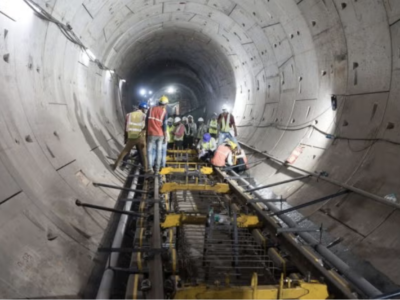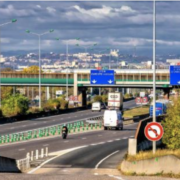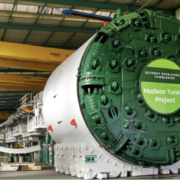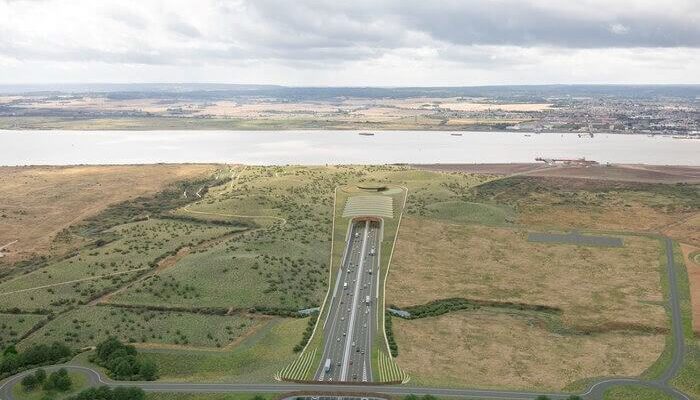
By presenting a request to the transport secretary Mark Harper, a coalition of conservation and environmental charities (UK nature groups) have expressed their concerns about the Lower Thames Crossing plans and have asked the transport secretary to immediately review the massive cost and environmental impacts of National Highways’ Lower Thames Crossing scheme with £8.2bn value.
Comprising of two 4.2km long tunnels beneath the River Thames, this scheme that is due to construct 23km of new road in east London, is significantly out of step with the government’s commitment to reach net zero by 2050, as these groups argue.
Although, the previous claim of National Highways was that this new crossing could be the greenest road ever built in the UK, according to the estimates made by National Highways which take the current scheme’s construction and operational carbon emissions into account the various groups represented in the letter, including the Woodland Trust, Transport Action Network and Buglife, have argued that the project is likely to be the most polluting scheme funded through the Road Investment Strategy 2 (RIS2).
They said: “National Highways has only reluctantly released information regarding the huge carbon footprint associated with the scheme in response to freedom of information requests.”
Additionally, the opponents argue: “The crossing threatens a range of habitats and landscapes in Kent and Essex, including ancient woodland and the Kent Downs area of outstanding natural beauty. This will only contribute further to the nature and climate crisis.”
On top of this, the opponents argue that National Highways’ consultative approach to the scheme has been far from transparent.
Following completion of the public consultation on the scheme, National Highways submitted an application for a development consent order (DCO) for the crossing to the planning inspectorate earlier this month, while in November 2020 the former application for a DCO withdrew following feedback from the Planning Inspectorate.
“We consider the paucity of detail to be entirely unacceptable at this stage of the process. Without providing adequate information, we fear that National Highways has failed in its duty to ensure meaningful public engagement and consultation on this scheme. Also the project cannot be justified on economic grounds either and would place an unacceptable burden on public finances,” the groups wrote in the letter.
They also added: “In its withdrawn DCO application in 2020, the benefit cost ratio (BCR) was only 0.68, and when wider economic benefits were added, the adjusted BCR was only 1.444, which is classed as ‘low’ value for money in the DfT’s [Department for Transport’s] value for money framework. In RIS2, the Lower Thames Crossing was costed at up to £8.2bn, yet with construction inflation the outturn cost of the scheme is more likely to be in excess of £10bn.”
In order to proceeding with their tenders for the two major road contracts worth a combined £1.9bn, National Highways invited five shortlisted companies and joint ventures in March of current year, whereas April 2021 was the date of revealing the shortlisted tunnel builders for the project.
Subject to approval of the scheme, the determined inauguration date for route is 2029 or 2030.





